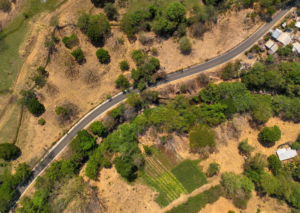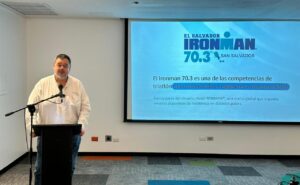The United Nations Development Program (UNDP) warned of three emerging threats that could seriously hinder sustainable development in Latin America and the Caribbean. These are: rapid technological evolution, increasing social fragmentation and the growing impact of climate change. The international organization stresses that, although these challenges do not affect all countries equally, the way they are managed will be decisive for the future of the region.

In its analysis, UNDP points out that the accelerated transformation of technologies, if not regulated and adapted in an inclusive manner, could widen economic and labor gaps, leaving millions out of the benefits of digital progress. Unequal access to connectivity, technological education and job automation represent urgent challenges for governments.
This situation is compounded by growing social fragmentation, manifested in political polarization, persistent inequality, and distrust of institutions. This fracturing of the social fabric weakens the cohesion of societies and hinders the implementation of effective and consensual public policies.

The third major challenge is climate change, whose effects such as prolonged droughts, extreme events and loss of biodiversity are already impacting agriculture, access to water and food security. UNDP urges countries to reinforce their environmental policies, invest in resilience and strengthen regional cooperation in the face of this shared threat.
The agency concludes that Latin America and the Caribbean still have a window of opportunity to address these challenges, provided they adopt innovative, inclusive, and people-centered approaches. The key, it says, will be to anticipate risks and transform these threats into drivers of positive change.








